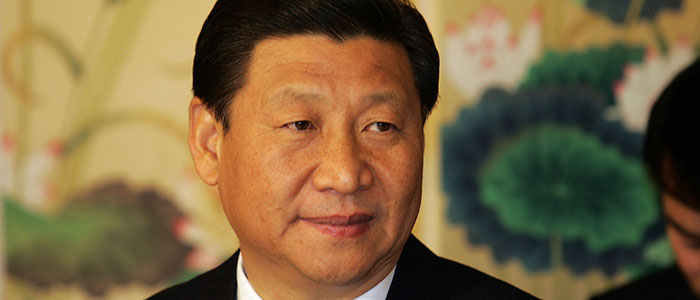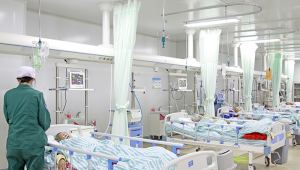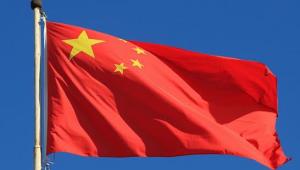Web_XiJingpin_iStock_000019009216_Medium.jpg

Chinese president Xi Jinping has overseen a major crackdown on civil society.
Opening the two-day talks between the leaders of the world’s most powerful economies in Hangzhou, China yesterday, Xi stressed that the G20 should be a vehicle for action, especially when the world economy is at this “critical juncture”.
In his speech, Xi highlighted that the “dynamism provided by the last round of scientific and industrial revolution is waning, while new impetus for growth is still in the making”.
“Protectionism is rising; global trade and investment are sluggish; the international trading regime faces bottlenecks, and the emergence of various regional trade arrangements have led to fragmentation of the rules.”
In addition, he noted that “complex geopolitical factors” and global challenges including political and security issues, refugee crises, climate change and terrorism have “all affected the world economy with consequences that cannot be overlooked”.
Xi warned that, against this backdrop, the international community has high expectations for the G20 at the Hangzhou summit, which will publish its official leaders’ communiqué at its close today.
Leaders are expected to agree on a raft of measures spanning monetary, fiscal and structural policy reforms in order to accelerate sustainable global growth.
The first day of talks on Sunday was dominated by discussion of the global steel crisis, trade barriers and the UK’s decision to leave the European Union.
But some subjects, ranging from global issues like tax policy and industrial overcapacity to more country-specific problems like the territorial South China Sea dispute, proved contentious.
UK prime minister Theresa May was told Brexit was a mistake by US president Barack Obama and that the UK would not be at the front of the queue for a US trade deal, while Japan and China also issued stark warnings on the position of Japanese companies in Britain and May’s decision on the UK’s Hinckley point power station respectively.
Australian prime minister Malcolm Turnbull had better news for May however, announcing that Australia wanted an early free trade deal with the UK, while he discussed tensions with Xi over Australia’s blocking of the sale of the country’s energy grid to China last month and the nation’s surveillance flights over the South China Sea.
Obama made little ground in his talks with Xi on the territorial dispute and on human rights, and was reportedly snubbed by China on arrival after not being offered a red carpet while disembarking from his plane. On one particular issue, however, the two nations did demonstrate some rare cooperative spirit.
On the eve of the summit, the US and China announced they would both formally ratify the historic climate change deal agreed by 195 countries in Paris last December.
In order to take effect, the agreement required ratification from at least 55 nations, representing 55% of the world’s emissions.
The US and China, two of the globe’s biggest emitters of greenhouse gases, account for almost 38%. Their announcement therefore marks a substantial step forward in making the deal a reality.













